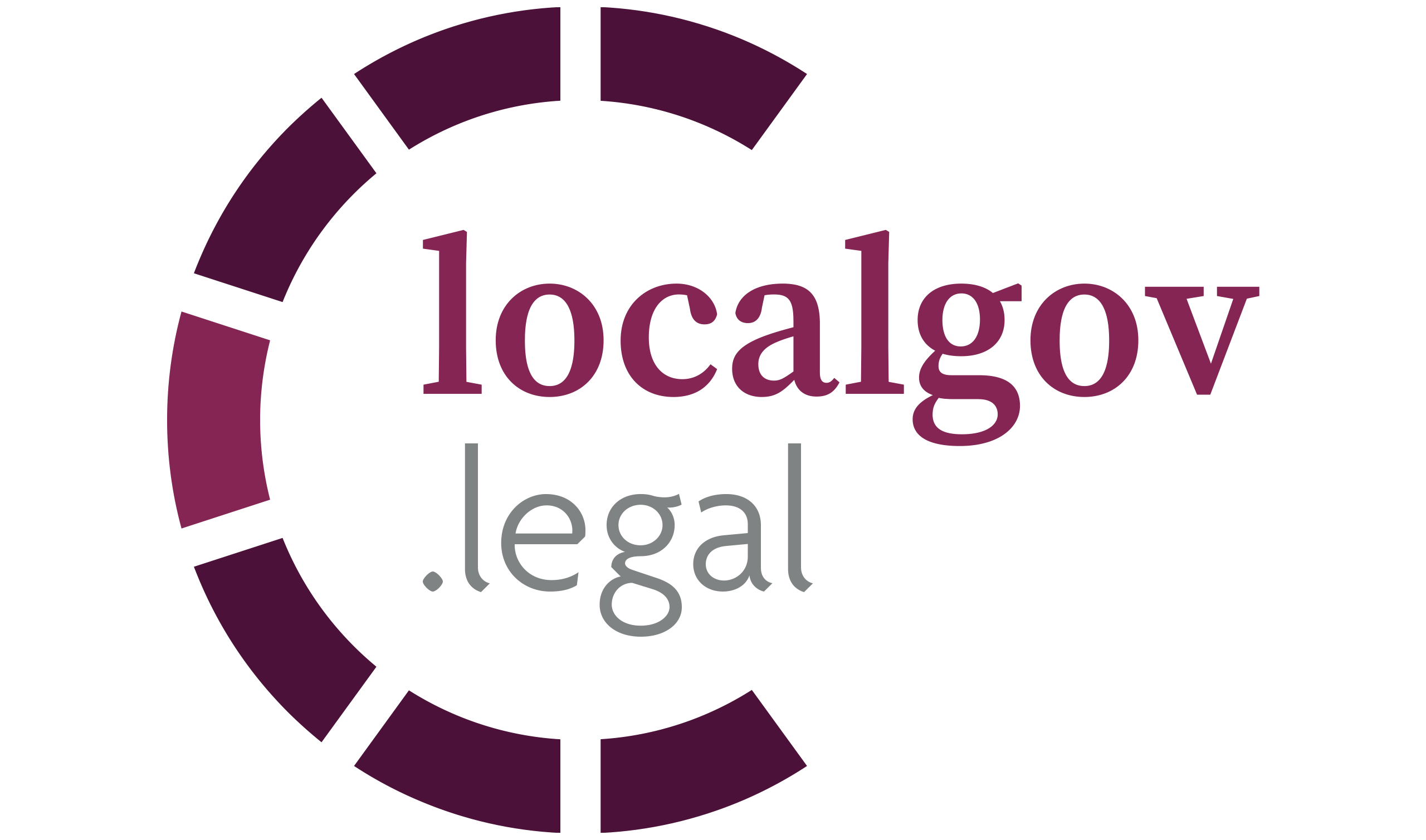New research shows some are victims of domestic abuse and pregnant women.
The research comes from youth homelessness charity Centrepoint and outlines hundreds of young people across England are being denied the homeless support they are legally entitled to.
Centrepoint’s Helpline, which has supported 50,000 young people since it opened in 2017 by HRH the Prince of Wales, recorded 449 calls between August 2024 and July 2025 from young people who had been refused a homelessness assessment or support by their local authority. That amounts to around one young person per day.
‘Too many young people aren’t getting that, and it is simply not good enough,’ Paul Brocklehurst, senior helpline manager at Centrepoint, said. ‘The public would be appalled at the sort of situations we see young people left in. Those who are fleeing domestic violence, are pregnant or have severe mental health issues should, legally, be considered in priority need and supported.’
Among the cases reported to the Helpline, 73 involved domestic abuse victims and 48 involved young people who were pregnant or had children. One young person fleeing domestic abuse was denied a homelessness assessment and emergency accommodation, leaving them at risk of returning to an abusive household—a breach of the Housing Act 1996, Centrepoint said.
In almost one-third of cases, councils refused assessments on the grounds that young people were ‘not in priority need’, a category meant to ensure the most vulnerable can access support.
Others were blocked due to alleged lack of local connection or being ‘intentionally homeless’, neither of which should prevent an assessment under the Homelessness Reduction Act.
‘Despite this, we are hearing from vulnerable young people in these situations who are not even getting an assessment, let alone the support they clearly need,’ Brocklehurst added. ‘Without a fall in demand, local authorities will continue to have little option but to ration support by limiting assessments. Councils shouldn’t be doing this – but only central government can pull the levers required to change this practice and they could make a start by getting on with publishing their ending homelessness strategy and giving councils the funding they need to deliver it.’
Separate research from Centrepoint found around a third of young people facing homelessness in 2023-24 were denied an assessment. Research by WPI Economics also suggested a £400m shortfall in homelessness funding may have forced councils to turn young people away without assessment.
This article was first posted on Social Care Today.
Photo: Levi Meir Clancy/UnSplash
In related news:
Final plans approved for £1bn Strangeways and Cambridge regeneration



















Leave a Reply